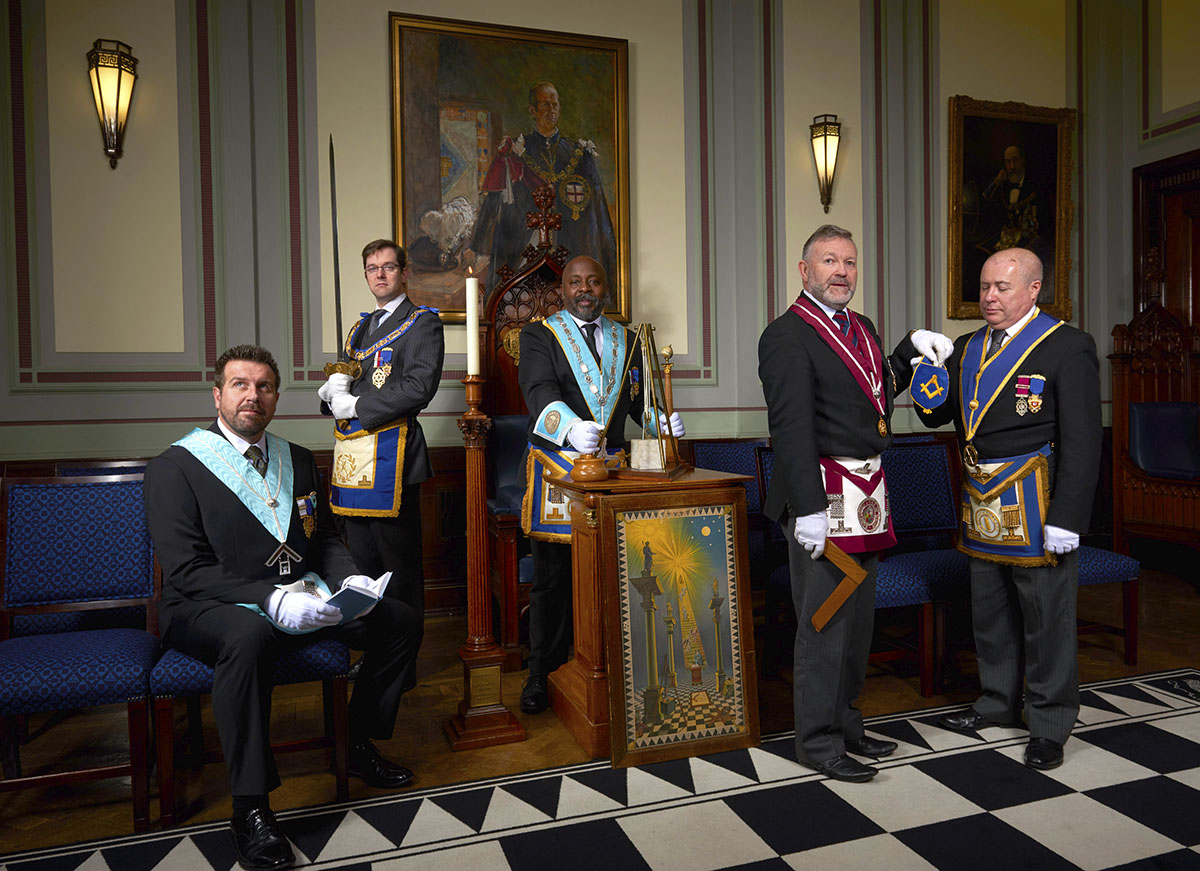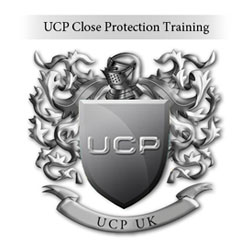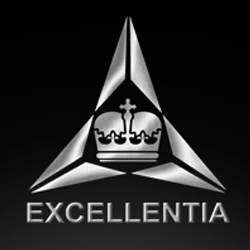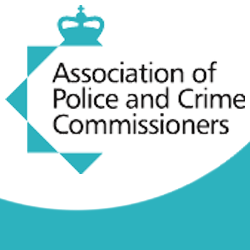Serving the Community

As Freemasons celebrate 300 years since the founding of the first Grand Lodge on 24th June 1717 it’s important to note that the organisation is as relevant today as it has ever been.
In many ways, Freemasonry is more relevant today than it ever has been, particularly with regard to its community involvement and contribution to good causes – both Masonic and non-Masonic – in the current age of austerity and reduced state involvement in many areas of life. In an increasingly fast-paced and digital world, the camaraderie and support many people find through Freemasonry means it is more important today than ever.
The five-part observational documentary series, Inside the Freemasons, recently broadcast on Sky 1, showed the previously unseen world of Freemasonry for the first time in an enlightening way. Exclusive and unprecedented access was granted to film inside what is one of the world’s oldest and most intriguing membership organisations as part of the tercentenary.
Today Freemasonry is one of the largest charitable givers in the UK, contributing over £33.6 million in 2015 through the Masonic Charitable Foundation, as well as to non-Masonic charities and disaster funds. Family and community are also both central to Freemasonry; members are encouraged to see the interests of the family as paramount and to become involved in their communities, for example through voluntary work. Freemasons do not undertake any external fundraising; all money donated to good causes is raised through the generosity of members, from their own pockets.
Examples include Buckinghamshire masons in the Slough area who have supported Search Dogs, a charity that trains handlers and their animals to help Thames Valley Police find vulnerable adults and children who have vanished from their communities. Volunteers and their dogs are on call 24 hours a day, seven days a week to save lives throughout the area. Support has also been given to Hounds for Heroes, which aims to provide fully trained assistance dogs to injured persons of the three armed forces together with the major three civilian emergency groups: police, ambulance and fire brigade.
In his address at the 275th anniversary ceremony of the United Grand Lodge of England (UGLE) in 1991, the Grand Master, Prince Edward, Duke of Kent said “What, then, is Freemasonry? Clearly it must be more than what the Archbishop of York called a “fairly harmless eccentricity” in 1987. If that was all that Freemasonry was about, it would not have flourished as it has for over three hundred years, attracting and retaining the interest of millions of men today all over the world. Freemasonry brings people together from vastly different backgrounds. With its sensible rule prohibiting discussion of religion or politics within its Lodges, it removes two likely causes of dissension, and allows Freemasons to concentrate instead on what they have in common – and that, in this world, cannot be bad.”
So what do Freemasons have in common? I suggest that it’s very much the shared values of integrity, kindness, honesty, fairness and tolerance, which encompass and embrace the fundamental principles of good citizenship in all walks of life:
• Integrity: We say what we mean and when we make a promise, we keep it.
• Kindness: We believe in playing a key role in our communities – we willingly give time and/or money to assist those not as fortunate as ourselves.
• Honesty: We pride ourselves on transparency. Not only are we completely free to acknowledge our membership, we are encouraged to do so.
• Fairness: We treat everyone as equal – we listen to others, explore our differences and work to find the common ground.
• Tolerance: We show respect for the opinions of others and behave with understanding towards others.
It means different things to each of those who join. For some it’s about making new friends and acquaintances. For others it’s about being able to help deserving causes – making a contribution to family and in the community. And for them all, it is an enjoyable and fulfilling activity, where camaraderie, friendship and support are prized. Freemasonry, in many respects, is the world’s first global social network, connecting men across political, ethnic, racial, religious and class borders, and that started more than 300 years ago, before Facebook and Twitter could ever have been imagined.
UGLE has over 200,000 members who meet in more than 6,800 Lodges across England, Wales, the Isle of Man and the Channel Islands, plus 33 Districts and five groups overseas – and membership is growing among young people. Worldwide, the figure grows to six million Freemasons.
What kind of man becomes a Freemason? UGLE welcomes men from all walks of life – no one ever joined Freemasonry because Churchill was a Mason. No one ever joined Freemasonry because the Duke of Wellington, Walt Disney or Peter Sellers were Masons. Nobody ever joined Freemasonry because of our great Masonic heroes. It is worth noting that Joining Freemasonry doesn’t make you any of those people. No one ever joined so that they could give money to charity. You don’t have to be a Freemason to give money to worthy causes.
No one ever joined because of the attention to lodge rules, regulations or ritual. Non-Masons don’t know about all of the procedures, although I would suggest that there is something very reassuring in knowing the Freemasonry believes strongly in discipline and a sense of duty. They joined because someone they knew and admired was a Mason. It could have been a father, a friend, a man down the street, or someone a thousand miles away. Who it was didn’t matter. They admired him and wanted to do the things he did and they did it by the millions.
Freemasonry provides a unique environment for people from all backgrounds to make lasting friendships, learn skills, achieve their potential and, above all, have fun. What is more, the organisation provides a valuable forum for discussion between members in an open environment. Freemasonry also provides a valuable framework around which members can make a positive contribution to society and can also provide structure to people’s lives, helping them to be the best they possibly can.
Who can become a Freemason? The words UGLE uses in the ceremony when asked “who are fit and proper persons to become Masons” are “just, upright, and free men, of mature age, sound judgement and strict morals.” In effect this means men over the age of 21 (18 for Universities Scheme Lodges), with no criminal convictions, someone who upholds our values and has a belief in a supreme being – we welcome members from all faiths and denominations as long as they have a belief.
Tolerance is a key value for members, and this cannot be more powerfully demonstrated than the fact that three Palestinian Arabs have served as Grand Master of the Grand Lodge of the State of Israel since its foundation in 1953. Indeed, Dr Geoffrey Fisher, Archbishop of Canterbury, and Sir Israel Brodie, Chief Rabbi of Great Britain & the Commonwealth, were both Freemasons. Hence, Queen Elizabeth II was crowned by a Freemason.
What about women? Lodges under UGLE are restricted to men. However, there are two separate Grand Lodges which are exclusively for women. This is the way that both the men’s and women’s Lodges prefer it to be, just like other single-sex organisations such as Round Table (men) and the Women’s Institute (WI).
With their shared values of service and camaraderie, and with a sense of community it is not surprising that there have been close links between Freemasonry and the Police service. Quite a number of Lodges have opened over the years with membership drawn extensively from their ranks. Most recently, Sine Favore Lodge no9856 was Consecrated in London in September 2010 by members of the Police Federation and from its inception the Lodge has twice a year travelled to locations outside London. It was founded to enable members of the Federation to keep in touch and maintain friendships made across the country.
Every Freemason embarks on his own journey of self-discovery when he enters the organisation. Lodges meet on average five to six times a year, meetings usually last no more than an hour-and-a-half and are frequently followed by a dinner, which provides an opportunity for members to relax and enjoy the company of others. There is a Lodge to suit everyone in terms of location and interests, and members are able to join more than one Lodge if they wish.
Every Freemason has his own reason for joining. What’s yours?




